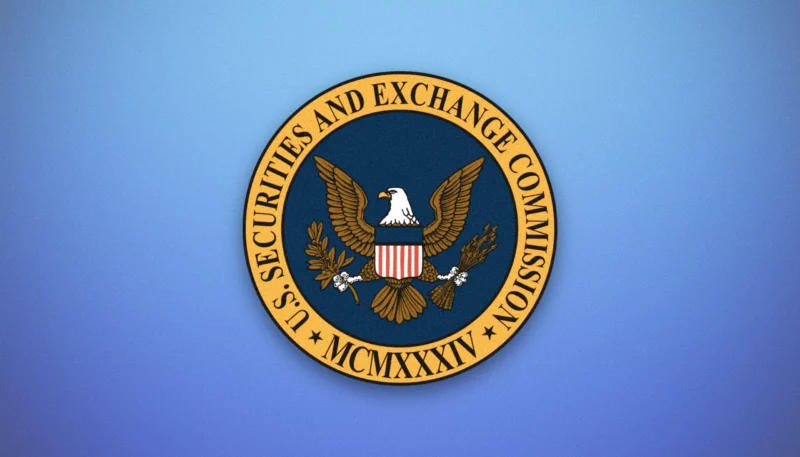In the past, I have written about the importance of entrepreneurs and startups complying with federal and state securities laws when raising capital for their businesses. The consequences for failing to do so can be significant. The business owner risks civil and potentially criminal charges. In addition, he could also face potential lawsuits from disgruntled investors. But one consequence that is frequently overlooked is the possibility that the mere presence of securities law violations can deter future investors, choking off needed infusions of capital. No one wants to invest in a company that has potential fines and lawsuits waiting in the wings.
Recently, a late-stage startup, Neogenix Oncology, Inc., was forced to file for Chapter 11 bankruptcy because of this very problem. Neogenix’s story provides a great case study on some of the issues facing startups. This series of posts explores Neogenix’s story and its implications for startups and growth companies.
The story of the fall of Neogenix began to unfold in November 2011, when Neogenix CEO Philip M. Arlen informed the company’s shareholders that the SEC had begun an investigation into the company. Neogenix had just submitted a filing with the SEC, disclosing that the company’s quarterly report for the third quarter of 2011 would be delayed because the company could not complete its financial statements for that quarter, and its independent auditors could not complete their review of those statements. The CEO explained that the delays were related to a recent SEC inquiry requesting information about “finders’ fees” the company had paid in connection with prior rounds of financing. These “finders’ fees” were payments Neogenix made to third parties for their role in raising over $30 million in capital for Neogenix.
However, these third parties were probably required to be registered as broker-dealers and otherwise licensed under state law in connection with selling securities of the company. Because of this, some purchasers of the securities might have the right to rescind their purchase, i.e., to recover what they paid for Neogenix stock with interest, less any income received. Because management was unable to determine the magnitude of the potential rescission liability the company faced, the company was unable to complete its financial statements for the third quarter of 2011. The company’s independent auditors were also unable to complete their review of those financial statements, causing a delay in the quarterly reports.
The SEC inquiry, potential rescission liability, and inability to complete the company’s financial statements all resulted in the company being unable to raise further funds. In response, the board, after considering many alternatives, elected to file for bankruptcy under Chapter 11; under court supervision, the company’s operational assets were sold to Precision Biologics, a new company formed by many of Neogenix’s current shareholders (but only those who could qualify as “accredited investors” under federal securities laws). Management characterized the resulting entity as a “‘clean’ company” without historical problems and a “much more attractive investment vehicle.” An SEC filing reveals that the asset sale, with Precision Biologics as the purchaser, was completed on September 24, 2012.
While in the end, Neogenix was able to reorganize into a new company, free from the taint of securities law violations, this was a costly process that was likely highly disruptive to the business. And it was possible Neogenix might not have even survived at all. In future posts, I’ll explore what exactly Neogenix did that caused the SEC inquiry and how difficult it is to undo securities violations once they occur.
This article is for general information only. The information presented should not be construed to be formal legal advice nor the formation of a lawyer/client relationship.




